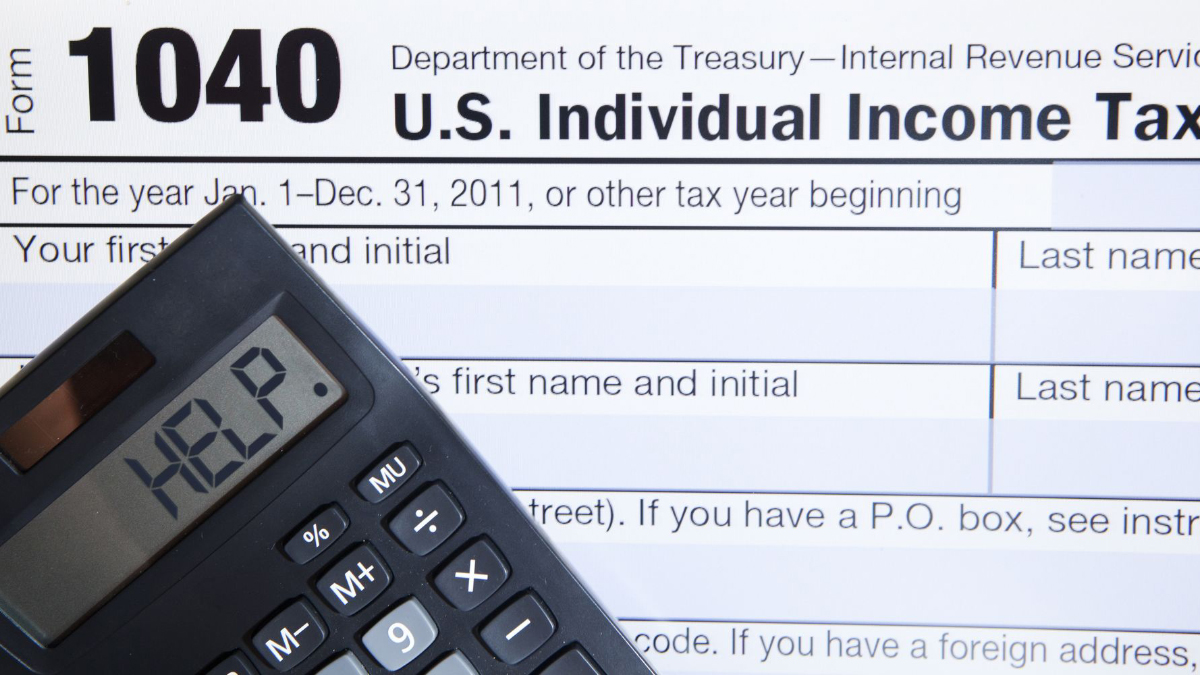My home state of Utah is famous for its picturesque scenery, world-renowned ski resorts, the annual Sundance Film Festival, and more. And if current trends are any indication, the Beehive State’s economy may be joining that list. The unemployment rate in March clocked in at just 3.1 percent with the state experiencing a 3.2 percent job growth rate. These stellar numbers are not an anomaly; the state currently is on an economic winning streak.
So how do we as a nation emulate Utah’s success in drawing new businesses and investment and creating job opportunities? We will soon find out what lawmakers on the House Ways and Means Committee believe is our best path forward as they hold a hearing on Thursday to examine “how tax reform will grow our economy and create jobs across America.”
Considering that the current tax code works against American taxpayers and businesses, both large and small, it is a topic prime for discussion and more importantly – action.
America’s corporate tax rate stands at an outlandish 39 percent, combining federal and state rates. That figure is the highest among developed countries in the Organization for Economic Cooperation and Development and more than twice the global average of 18.6 percent. For comparison’s sake, Ireland’s corporate rate is a business-friendly 12.5 percent. Because of the onerous U.S. rate, many companies are packing up and moving their headquarters overseas. Lowering that rate would promote business competition globally and provide incentive for companies to stay put here at home.
On top of our burdensome corporate tax rate, the current tax code is incredibly complex to navigate. Very few folks in Utah and, indeed, the nation as a whole, consider themselves “tax experts.” However, the current tax code is not designed with simplicity in mind. Its sheer length is staggering—the statutes contain 3,951,104 words. Specialists estimate that Americans collectively will spend between 6.1 and 8.9 billion hours dealing with taxes; 1.9 billion of these hours will be required to complete the federal 1040 form alone. Utahans are devoting more and more time preparing their taxes instead of enjoying the perks of living in the state, or working to put more money in their own pockets.
Fortunately, several tax reform plans are now on the table that address many of the issues that plague the current tax system. The House tax reform plan proposes lowering the corporate tax rate to a much more reasonable 20 percent; President Trump’s own proposal would drop the top corporate rate to 15 percent. That tax rate reduction would make the prospect of moving headquarters abroad a less tempting option for American companies. The tax plan would raise wages nationwide by 7.7 percent and create an estimated 1.7 million full-time equivalent jobs.
Americans would no longer have to dread spending hours filing complex tax forms every April. The House plan looks to shrink the tax return for many filers so that it can fit on a post card. Such brevity is something people across Utah and the nation can get behind.
In announcing the hearing, Committee Chairman Kevin Brady, R-Texas, noted that “Ways and Means Republicans are focused on pro-growth, comprehensive tax reform because it will create jobs, increase paychecks, and grow our economy. We’ll hear from witnesses about specific policy proposals that deliver the most economic growth and how our ideas will directly help hardworking taxpayers and the businesses that create jobs across America.”
That’s welcome news as no comprehensive tax reform has happened in the United States since the Ronald Reagan era. But we now have a promising opportunity for Congress and the White House to come together on a consensus plan that brings real change to the tax code. It’s time to put the nation’s economy back on a winning streak.











